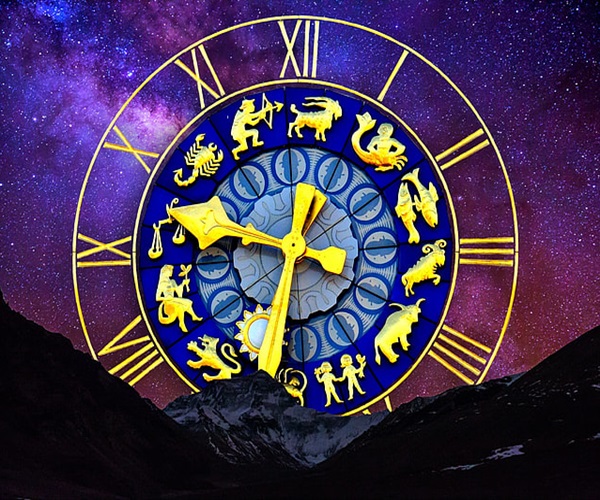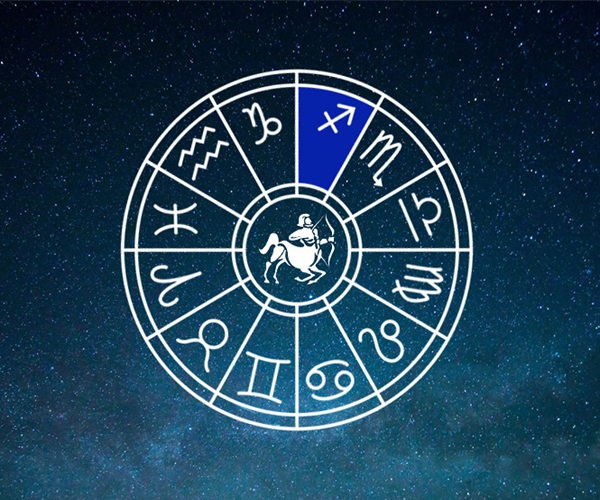
Global leaders play a vital role and hold a significant power in influencing the political, economic, and social landscape of the world. Their decisions and policies have a direct impact not only on their nations but also on international relations and global trends. In 2025, several influential world leaders continue to drive major impact through their unique leadership qualities and strategic initiatives. Let’s explore the top most influential global leaders in 2025 and their impact on shaping the world.
1. Narendra Modi (Prime Minister of India)

Country: India, In Office Since: May 26, 2014
Narendra Modi continuous to lead India towards one of the fastest-growing economies in the world, he remains a dominant leader in South Asia. Under Modi’s unique leadership, India has risen as a significant global player in trade and diplomacy.
His leadership is focused on:
- Boosting India's manufacturing industry through his "Make in India" initiative.
- Focusing on economic growth, infrastructure development, and digital growth.
- Developing and expanding infrastructure by expanding highways and Indian railways.
- Strengthening Indian Army, and enhancing India’s defense capabilities, particularly along the borders with neighbouring countries such as Pakistan and China.
2. Vladimir Putin (President of Russia)

Country: Russia, In Office Since: 1999 (Prime Minister and President roles)
Vladimir Putin remains a controversial as well as influential world leader currently leading Russia, and continues to maintain a strong hold on Russian politics. Putin’s authoritarian style of leadership continues to influence global energy markets and security.
His leadership is focused on:
- Strengthening and enhancing Russian military influence in Middle East and Eastern Europe.
- Boosting economic ties with India, China, and non-Western countries.
- Holding strong grip on media and political opposition within Russia.
- Expanding Russian geopolitical influence and dominance in energy sector.
- Wisely handling the effects of international sanctions imposed following the Ukraine war and economic pressure caused by the conflict.
3. Donald Trump (President of the United States)

Country: United States of America, In Office Since: January 20, 2025 (second term)
Donald Trump regained the U.S presidency and returned to the office in 2025 after winning the U.S. presidential election. His controversial and bold leadership has bought significant shifts in U.S. domestic and foreign policies, influencing political alliances as well as global trade.
Trump’s leadership is focused on:
- Strengthening the U.S. economy through “America First” initiative, tax cuts, and business incentives.
- Taking a tough stand and decisions regarding illegal immigration and border management.
- Lowering America’s involvement in foreign conflicts and concentrating on resolving domestic issues.
- Reviewing and re-evaluating trade agreements with China and the European Union.
4. Xi Jinping (President of China)

Country: China, In Office Since: March 14, 2013
Xi Jinping continues to strengthen China’s position as a global superpower and he remains one of the most powerful leaders in the world. His leadership has played a significant role in China’s growing influence in global politics, trade and helped China to become a major military and economic power.
His leadership is focused on:
- Strengthening Chinese army by developing fifth generation made in China military equipment’s, and enhancing its capabilities.
- Enhancing the Belt and Road Initiative.
- Promoting technological advancements in areas like Artificial Intelligence (AI) and 5G.
- Economic growth of China, advancements in renewable energy sector, and expanding China’s influence in the world.
- Increasing China’s military presence in the South China Sea.
- Strengthening political control within China, particularly in Xinjiang and Hong Kong.
5. Emmanuel Macron (President of France)

Country: France, In Office Since: May 14, 2017
Emmanuel Macron remains a top leader in European Union as well as global politics, and his leadership has made France a significant player in Europe and global diplomacy.
His leadership is focused on:
- Strengthening economic cooperation with Asian and African countries.
- Strengthening France and European Union’s (EU) defense capabilities and its military presence.
- Promoting clean energy and environmental sustainability.
- Encouraging social equality and immigration reforms.
6. Giorgia Meloni (Prime Minister of Italy)

Country: Italy, In Office Since: October 22, 2022
Giorgia Meloni remains a strong leader in Europe and Italy, and emerged as a top leader in European and global politics.
Her leadership is focused on:
- Strengthening Italy’s border security and immigration policies.
- Boosting Italy’s economic growth through initiatives like tax reforms and business incentives.
- Maintaining NATO commitments and supporting Ukraine.
- Strengthening Italy’s role in the European Union.
7. Shigeru Ishiba (Prime Minister of Japan)

Country: Japan, In Office Since: October 1, 2024
Shigeru Ishiba is currently leading Japan as a Prime Minister, his leadership reflects Japan’s role as an economic and technological powerhouse in Asia.
His leadership is focused on:
- Strengthening Japanese military to counter threats from countries such as China and North Korea.
- Enhancing trade ties with Southeast Asia, United States and neighboring nations.
- Strengthening Japan’s role in global climate agreements, technological advancement, and improving regional security.
- Promoting renewable energy resources and nuclear energy.
8. Olaf Scholz (Chancellor of Germany)

Country: Germany, In Office Since: December 8, 2021
Olaf Scholz continues to lead Germany as a Chancellor, his leadership successfully made Germany as a Europe’s largest economy.
His leadership is focused on:
- Strengthening diplomatic ties and trade with the U.S. and China.
- Enhancing Germany’s renewable energy sector.
- Strengthening Germany’s strategic role in the EU (European Union) and NATO.
- Promoting labour reforms and social welfare within the country.
- Backing Ukraine with financial assistance and military power.
9. Luiz Inácio Lula da Silva (President of Brazil)

Country: Brazil, In Office Since: January 1, 2023 (previous term from 2003 to 2011)
Lula da Silva continues to lead Brazil as a President, his leadership has enhanced Brazil’s economic stability and global image.
His key focus areas include:
- Strengthening diplomatic ties with Europe and Latin America.
- Protecting the Amazon rainforest and resolving climate changes.
- Boosting Brazil’s trade industries and agriculture sectors.
- Focusing on social welfare programs and lowering poverty in Brazil.
In 2025, these top world leaders are influencing the future of global politics, social development, and economics. Their key decisions regarding security, climate change, technological growth, and trade sectors have a significant far-reaching impact on the global politics.


























